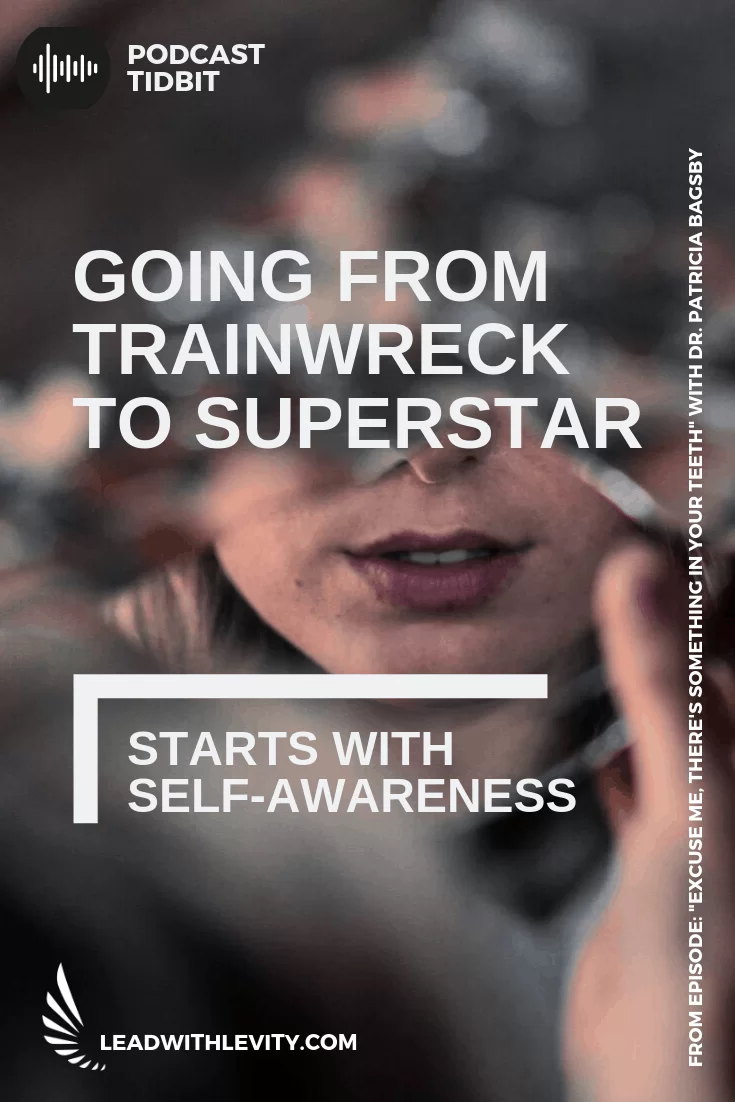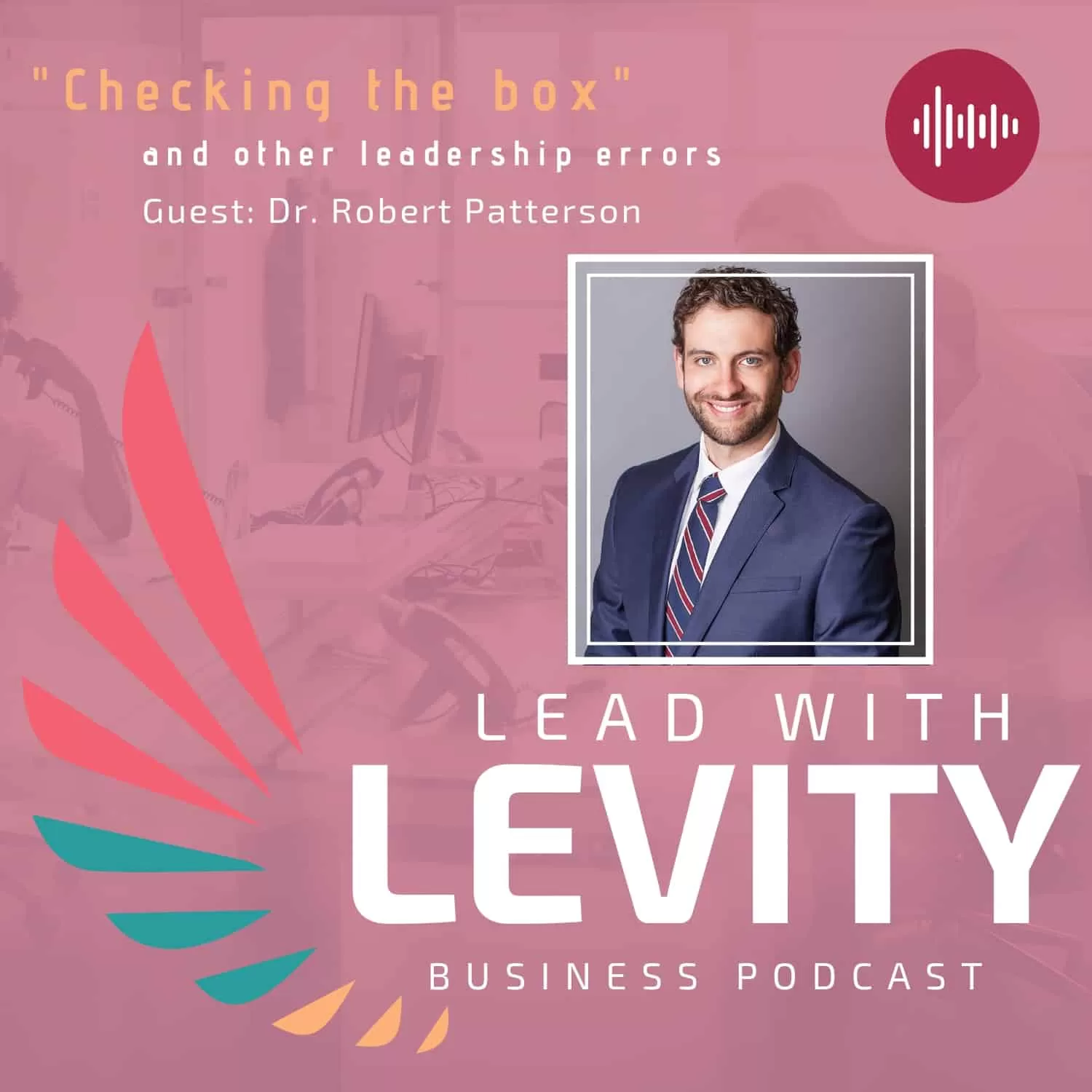Psychological safety isn’t about a grand gesture, and it’s not as simple as taping a poster to the wall so everyone can see how many days you’ve gone without an “incident.” Check out this episode for tips on how you can create an environment where everyone feels safe enough to learn, contribute, and challenge assumptions.
Key Takeaway
- Dr. Karolin Helbig & Minette Norman shares how they met and work together
- Find out how Psychological Safety is really key for high performing teams
- Dr. Karolin shares a brief introduction to The Psychological Safety Playbook: Lead More Powerfully by Being More Human
- How to train your self-awareness & self-management
- Common struggles that people have when implementing psychological safety in the workplace and how to cultivate it deliberately
- How managing feedback & conflict can make or break psychological safety
- What are some of the misconceptions and myths about psychological safety?
- Dr. Karolin & Minette reveal their favorite psychological safety interventions
Resources Mentioned:



What Is Psychological Safety?
Psychological safety is the belief that one can speak up, contribute ideas, and challenge assumptions without fear of ridicule, exclusion, or retaliation. It’s the foundation for creating learning organizations and high-performing teams. However, as Caroline and Minette explain, psychological safety doesn’t mean avoiding hard conversations or lowering standards—it’s about fostering trust and open communication.
Key Takeaways from the Conversation
1. Destigmatizing Failure
- Leaders must model vulnerability by openly sharing their own failures and lessons learned.
- Celebrate failure as a stepping stone to innovation and growth.
2. Listening as a Leadership Skill
- Truly listening is a rare but vital skill.
- Leaders can build presence by monotasking, shutting down mental “apps” running in the background, and refocusing when distractions arise.
3. Managing Reactions
- Expand the space between stimulus and response, as described by Viktor Frankl.
- Take a breath before responding to challenging situations to ensure thoughtful, deliberate actions.
4. Practical Strategies to Build Safety
- Ask open-ended questions like, “What am I missing?” to invite diverse perspectives.
- Commit to monotasking and mindfulness in conversations to enhance connection and understanding.
5. Repairing Broken Trust
- If a leader has damaged psychological safety, rebuilding it takes time, consistency, and vulnerability.
- Apologize sincerely, share your growth journey, and demonstrate change through actions over time.
About the Guests
Karolin Helbig, Ph.D.
Karolin received her PhD in human genetics and then spent more than 15 years as a top management consultant with McKinsey & Company, working as a trusted advisor and in some cases, a hands-on coach, to solve her clients’ toughest issues. She integrated world-class problem solving, industry expertise, and proprietary tools and capabilities to create change and lasting impact with organizations in industries from banking to public sector to chemicals in Europe and the Middle East.
While in that role, Karolin saw first-hand how real transformation is not the result of optimized processes and systems, but of transformed people leadership. Today, she helps leaders increase their effectiveness, optimize team performance, and transform their organizations through mindset, emotional intelligence, and psychological safety. She integrates neuroscience findings that revolutionize the way we understand how human brains function and translates them into applicable and powerful leadership practices.
Minette Norman
Minette spent three decades leading global, technical teams in the software industry as well as in several roles from technical writing and translation/localization to other engineering leadership positions. Most recently, she served as Vice President of Engineering at Autodesk, where she was responsible for influencing more than 3,500 engineers in North America, Europe and Asia. In that role, she focused on state-of-the-art engineering practices while nurturing a collaborative environment. She recognized the challenges and learned what it takes to create an inclusive and innovative culture.
Based on her experiences, Minette wanted to help other leaders do better, so she left her software career and moved into leadership consulting. Today, she focuses on developing transformational leaders who create inclusive working environments. She is a sought-after speaker in the areas of inclusive cultures, radical empathy, collaborative teams, and psychological safety.









